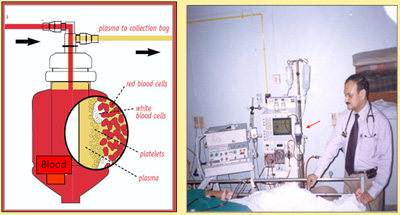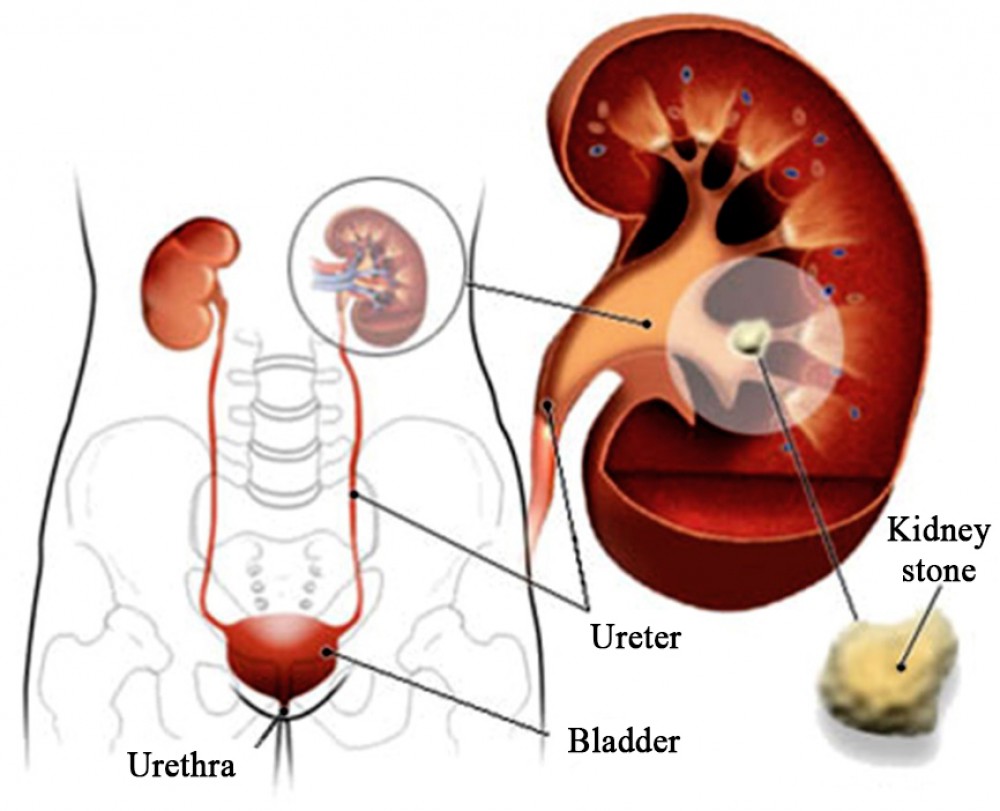The Details of Attachment & Facilities
• Attachment:
1) Present-
Director Of Nephrology, Manipal
Hospitals (Dhakuria)
P - 4 & 5, CIT Scheme, LXXII - Block A, ( Besides Dhakuria
Bridge), Garihat Road,
Kolkata - 700 029, West Bengal, India
Phone : +033 2461-2626
2) Previous-
Consultant
Nephrologist and Transplant Physcician, CMRI HOSPITAL:
7/2 Diamond
Harbour Road, Kolkata-700027, West Bengal. India
Phone No: +033 3090 3090

Consultant Nephrologist,
VISION CARE HOSPITAL:
223, 230 Barkohala Lane, Mukundapur,
Kalikapur, Kolkata – 700099,
West Bengal. India
Phone No: +033 6606 1000/
0606
Head,
Dept of Nephrology, AMRI
HOSPITALS, Dhakuria:
P - 4 & 5, CIT
Scheme, LXXII - Block A, ( Besides Dhakuria Bridge)
Garihat Road, Kolkata - 700 029, West Bengal. India
Phone : +033 2461-2626
Consultant
Nephrologist, Woodland
Multispeciality Hospital
8/5, Alipore Road, Alipore, Kolkata –
700 027,
West Bengal. India
Phone No: +033-24567075-89
Consultant
Nephrologist, B. M.
Birla Heart Research Centre
1/1 National Library Avenue,
Kolkata-700027,
West Bengal. India
Phone No: +91-(033)-24567890/
30403040
UK :
Queen Elizabeth University Hospital, Birmingham,United Kingdom:
Queen
Elizabeth Hospital, Birmingham: Staff Grade Physician: Renal
Medicine:
I was working as a Staff grade physician in the Renal Unit of
this hospital (10 sessions a week). This involved doing regular
rounds on the acute and outpatient haemodialysis units assessing
various aspects of patient care, including transplant listing. I
saw new and follow up cases in the outpatient clinics, which
include: general renal, special renal, low clearance,
haemodialysis and peritoneal dialysis, transplant, and combined
diabetic renal clinic. I was allotted 3-4 renal biopsy lists a
month. I was assigned teaching sessions of undergraduate
students, nurses and house officers. I also participated
regularly in multidisciplinary meetings, journal clubs, seminars
and audits. I was involved with a number of research projects.
Queen
Elizabeth Hospital, Birmingham: Registrar: Renal Medicine:
I received training as a Visiting Specialist Registrar in the
busy Renal Unit of this University Hospital (with about a
thousand patients on the programme
Care of Inpatients:
I was responsible for the care of on average 30 inpatients at
any one time. This involved doing daily ward rounds, planning
the work up and management of these patients.
Assessment of Referrals:
Every month, for one week, I was assigned to take all renal
referrals from other hospitals in the region, GPs and other
departments within the hospital including ITUs. I was
responsible for the initial appraisal of these patients.
ITU / CCU cover:
During this period, I did daily rounds twice on the general and
the three superspeciality ITUs, in an advisory capacity with my
consultant, on fluid and electrolyte management, renal problems
and continuous modalities of renal replacement therapy.
Dialysis Unit Cover:
For one week every month, I was in charge of dealing with all
the acute problems arising on the acute and chronic
haemodialysis and peritoneal dialysis units.
Care of Transplant patients:
The Unit has an active renal transplant programme- about 140/
year (cadaveric & live related). I was involved in the pre-
operative work up of donor & recipient & the post-
operative care and long term follow up of these patients in the
Transplant clinic. Once a week, there was joint Transplant
meeting of the Nephrologist’s & surgeons where status of
work up of the live related transplants & post- operative
complications, if any of the patient’s recently transplanted
were discussed,
Dialysis access procedures:
Besides establishing temporary central venous access for
dialysis regularly I inserted about 6-8 semi permanent Tesio
lines a month. Temporary PD catheters is another form of access
I am familiar with.
Out patient clinics:
Daily out patient clinics included general renal, special renal,
combined diabetic-renal, low clearance, dialysis and transplant
follow up clinics. Once a month I attended the combined renal
maternity clinic. In these clinics I dealt with new and follow
up cases.
General Medicine:
I also had the opportunity of managing all non-renal medical
problems in our patient population.
Renal biopsies:
I have done on an average 120 native and 40 transplant biopsies
per year, under ultrasound guidance with a Biopty Gun.These were
reviewed at a later date with our nephro histopathologist.
Urology:
Once a week we had a joint meeting with the Urologists and the
Radiologists for discussing our common problems.
Multidisciplinary meetings:
A joint meeting with dieticians, physiotherapists and
occupational therapists helped us focus in on all aspects of
patient care, on the unit Grand round once a week.

• Facilities: